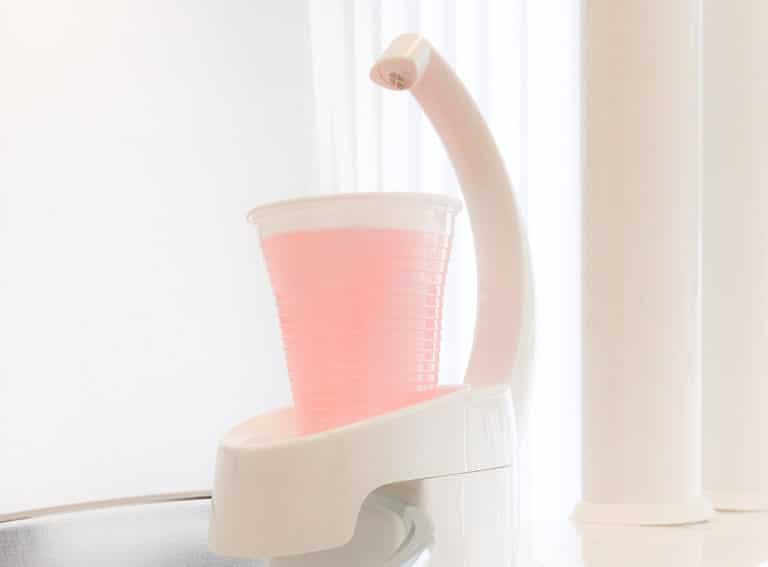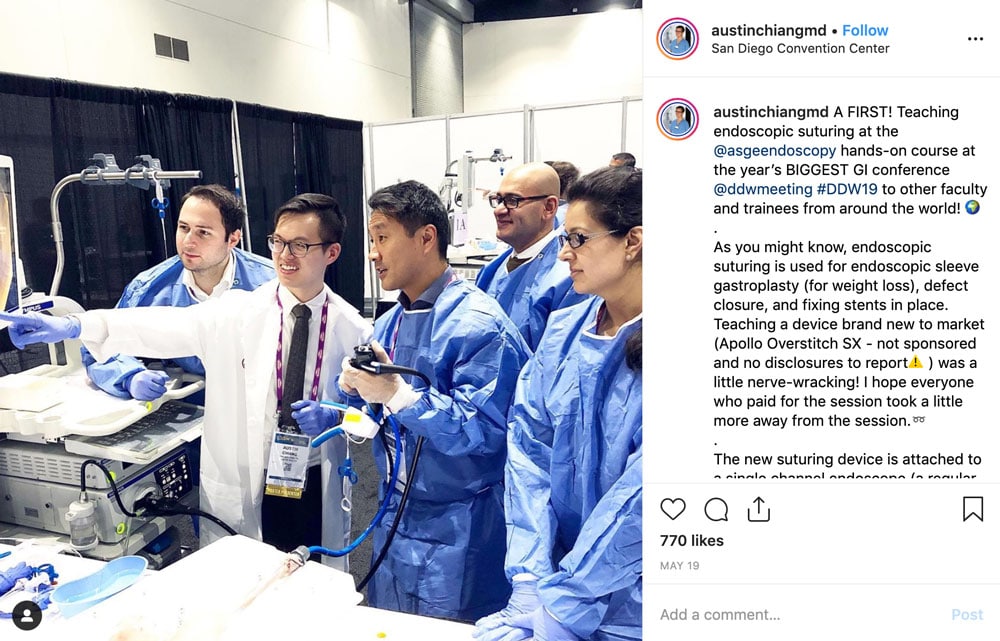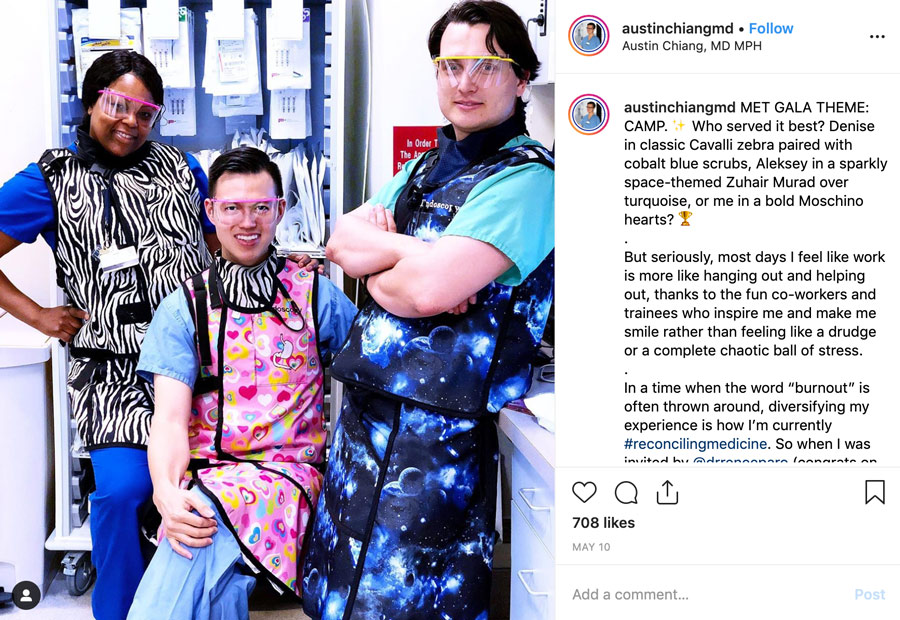A doctor is fighting health misinformation on Instagram, one post at a time

You’ve heard of social media influencers, but have you ever heard of a social media influencer among the gastroenterology community? Probably not, and yet it is certainly a thing. Dr Austin Chiang is a gastroenterologist who studied at Harvard, but he also is the first Chief Medical Social Media Officer at the Thomas Jefferson University Hospital, in Philadelphia. In other words, part of his job is to get doctors and other health professionals on social media to drown out health misinformation by posting large quantities of posts that are fact checked and, well, not fake. The idea of doctors having a presence on social media sounds unconventional at first, so it makes sense that people might wonder why exactly Dr Chiang’s job was created.
Just like fake news, fake health news come mainly from social media accounts sharing information that is not based on any medical research. And just like much of the speculative and factually inaccurate content shared on social networks, many people ultimately believe it. This is where Dr Chiang’s accounts come as a remedy. His main platform is Instagram but you can also find him on Twitter, Facebook and LinkedIn. On Instagram, Dr Chiang has more than 22,000 followers—making him the most followed medical influencer outside the world of plastic surgery and nutritional well-being—and his content represents his two favourite things: medicine and social media.
Every few days Dr Chiang posts a picture of himself with captions about the latest research or advice to patients trying to navigate between real information and rumours. And where do those rumours come from? According to Dr Chiang, from public figures like the 1.9 million Instagram followers and #1 NY Times Bestselling Author Anthony William, also known as the Medical Medium, famous for his book Celery Juice: The Most Powerful Medicine Of Our Time Healing Millions Worldwide.


When looking at William’s online presence, especially his Instagram account, many questions come to mind, mainly how someone with no medical background has harnessed so much credibility by the public. William’s entire Instagram feed looks like a bad infomercial for a blender or an eczema miracle cream and the consistent use of #healing makes for a cocktail of unease and suspicion. Call me crazy, but I’d like to think that if you proclaim yourself as a ‘medical medium’ without any diploma to show for yourself, you are most likely a crook that sees himself as a spiritual saviour.
Anti-vaccination content is another example of fake health news spreading through social media, with communities and groups preaching to anyone willing to believe that vaccination causes autism—a theory that has never been medically proven. Some people go as far as giving a ‘cure’ for autism in the form of an industrial-strength bleach.
Bearing witness to this kind of content online, Dr Chiang’s CEO Steve Klasko came up with the idea of creating a well-needed medical presence on social media with the help of Dr Chiang’s Instagram and hashtags like #verifyhealthcare and #dontgoviral. The solution to this frightening misinformation is providing young people with the right information, and allowing them to access it easily, which means publishing it on social media, where it is known that under 35s spend a large chunk of their time and where they get their news and information.
At the moment, Thomas Jefferson University Hospital’s goal is to have approximately 3,000 doctors participating on social media, which sounds like a good start. Help from the government (or social media companies like Instagram, Facebook and Twitter) in regulating false information could also soon be a necessity. Until then, don’t believe everything you read on the internet and please stay away from Medical Medium.





